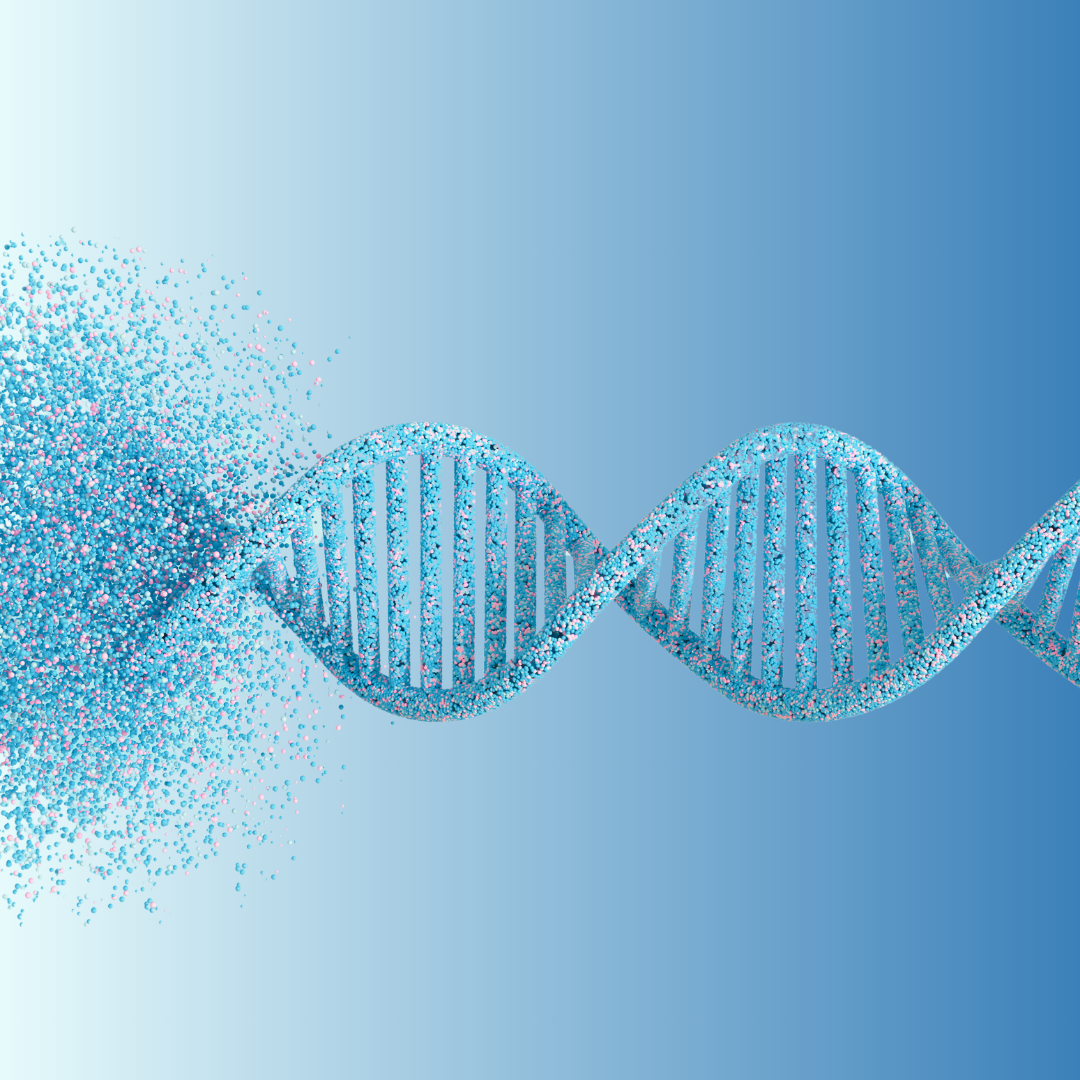Aggregated News

In their argument for equal access to heritable human genome editing (HHGE) as a healthcare service for future generations, Shozi and Thaldar invoke Ubuntu, an African philosophy centered on communal harmony, as a moral foundation. However, their engagement with ubuntu reveals a deeper issue: ethics washing. This practice involves using superficial ethical language to legitimize an agenda — in this case, a liberal one focused on expanding HHGE policy—while concealing a lack of substantive engagement with the invoked principles.
This critique is particularly relevant given Thaldar and colleagues’ recent defence of South Africa’s amended research ethics guidelines, which now appear to permit this controversial form of human genome editing. By positioning ubuntu as a moral justification for HHGE, Shozi and Thaldar’s work aligns with this policy shift, lending it an ethical veneer rooted in African values. However, Ubuntu is invoked here to support predetermined liberal goals, such as distributive equality in access to HHGE, without substantively demonstrating how its principles justify these outcomes. As Nyamnjoh and Ewuoso have argued, their claim that participants in a South African public...



